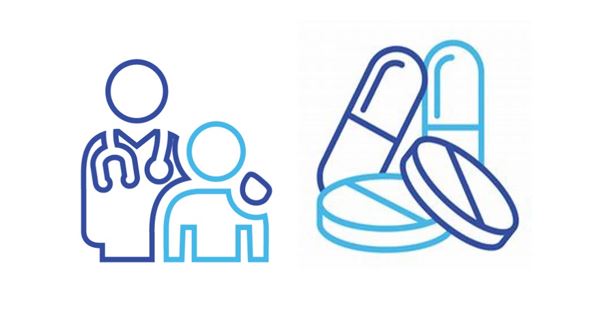Modelling the Cost-Effectiveness of Latent Tuberculosis Screening and Treatment Strategies in Recent Migrants to a Low Incidence Setting
A recent article by Dr Natalie Carvalho from the Health Economics Unit and colleagues at the Peter Doherty Institute, Royal Melbourne Hospital, Monash University, James Cook University, has been published in the American Journal of Epidemiology.
Many tuberculosis (TB) cases in low-incidence settings are attributed to reactivation of latent TB infection (LTBI) acquired overseas. This paper assesses the cost-effectiveness of community-based LTBI screening and treatment strategies in recent migrants to a low-incidence setting (Australia). A decision-analytic Markov model was developed that cycled one migrant cohort annually over a lifetime from 2020. Post-migration/onshore and offshore strategies were compared to existing policy. Outcomes are presented as TB cases averted and discounted cost per quality-adjusted life year (QALY) gained. Findings were most sensitive to the LTBI treatment quality-of-life decrement (in addition to severe adverse events). Even with a minimal quality of life decrement, all strategies caused more ill-health than they prevented. Additional LTBI screening and treatment strategies in migrants are unlikely to be cost-effective unless screening costs are borne by migrants and potential LTBI treatment quality-of-life decrements are ignored.
